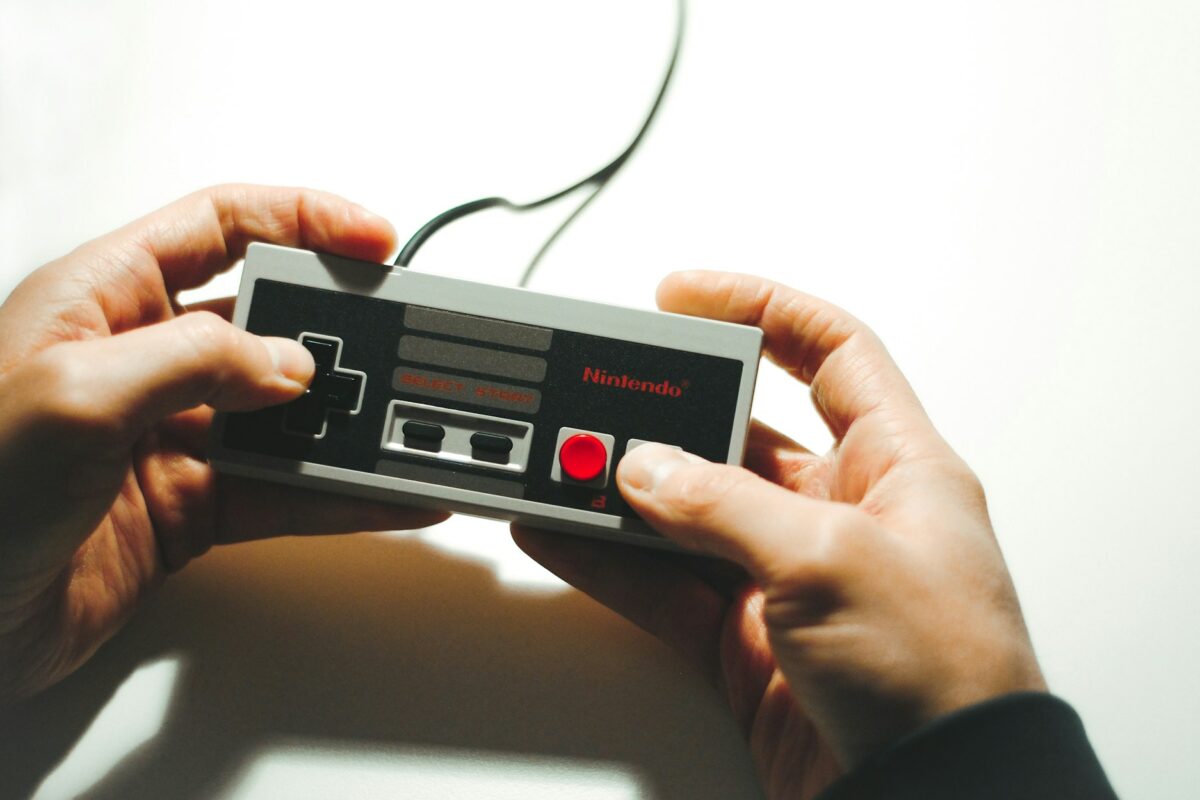Mark Hurd served as the CEO of HP since 2005. He was known on Wall Street as a cost-cutter. Cost cutters tend to be loved for their short-term financial gains, but there is a flaw to their management style in that they typically find it difficult to build the long-term value of their corporate brand.
I have no comment on Hurd’s conduct that caused him to be fired but I do find it interesting that the board voted 6-4 to fire him based on the advice of a public relations consultant. Was the Board concerned about the corporate reputation of HP? Or, as Larry Ellison, CEO, Oracle, said, “the HP Board just made the worst personnel decision since the idiots on the Apple Board fired Steve Jobs many years ago.”
If the board was concerned about the reputation of the company, they had a case. The corporate brand equity value (the value of its corporate reputation) has declined from 15.6% of HP’s market cap in 2005 to 13.2% as of the 1st quarter 2010, which was worth $14.13 billion in brand equity value. Dropping 2.4% from market cap is significant, but the computer industry dropped 8.5% to 4.2% during this same period which averages half of the brand equity value of every company in the industry. So, during Hurd’s tenure at the helm of HP he did a mediocre job of managing the corporate brand, but the industry did a whole lot worse.
Taking a broader view of the company, it is clear that HP’s brand image hit its’ high water mark in 2003. Leading up to that the brand had momentum and was energized. The decline of the corporate brand began in 2004 and picked up downward momentum through Hurd’s tenure. The decline showed no abatement through the time of his dismissal.
Further evidence of Hurd’s poor management of the HP brand is how the image attributes of the company declined during his tenure. Cost cutting might have helped to maintain the “investment potential” of the company, but the “overall reputation” has been in radical decline since 2003. “Perception of management” has also been in decline since 2003 and reached a critical juncture when the perception of management fell below investment potential in 2008. This is a critical vote of no confidence as represented by our quantitative research of business decision makers.
Industry Lacks Strong Leaders
The computer industry is hurting on perception of management. It no longer has high profile CEOs who dominate the industry. Michael Dell is certainly the brand of Dell, but even his low “perception of management” scores are indicative of an industry that lacks leadership. Even Apple with Steve Jobs is showing perception of management scores as the weakest attribute of those measured.
HP had a chance to bury Dell when Hurd took office. HP had momentum while Dell was struggling with its leadership and an attitude that revenue was more important than its brand. When Michael Dell took the reigns back from Kevin Rollins it marked the turnaround of the Dell brand as king, but the rebound in its brand has been slower than expected by a lack of conviction, if not vision. During that time of vulnerability, HP had a strong and clear brand with the energy to own the category.
But cost cutting always destroys momentum even when it is at the point of generating the most return on investment. CEOs like Hurd represents the kind of cost cutter that destroys the future of the brand in favor of immediate bottom line results.
Since the board acted so fast to fire Hurd one wonders if this could have been their excuse to shake things up a bit? Losing $8 billion in market cap in a single day certainly shook things up, perhaps a little more than they expected. They’ve been down this road before of changing leadership without a clear successor. Interim leaders don’t build confidence, at best the maintain the interregnum status quo.
It is time that HP’s board of directors begins searching for a CEO who has a long-term vision, can differentiate HP’s offerings from its competitors and can leverage the power of its brand. That is how companies like Apple stay on top even in the face of economic uncertainty, today AAPL is trading near its all-time high.
Contributed to Branding Strategy Insider by: James Gregory, CoreBrand
The Blake Project Can Help: Accelerate B2C and B2B Brand Growth Through Powerful Emotional Connections
Branding Strategy Insider is a service of The Blake Project: A strategic brand consultancy specializing in Brand Research, Brand Strategy, Brand Licensing and Brand Education





One comment
Chris
December 14, 2010 at 3:43 pm
I’m confused. Looks like more of HP bashing then correct facts. Even if the brand slipped, according to Interbrand’s report, HP moved up on the top 100 list from 11 to 10 in branding. Also I may note, it is still above Apple whos at 17. Now with Palm, and owning their own OS, to develop and compete heavily in the computer, tablet and smartphone era. I believe we will be seeing a uptake in the next few years as, Google (#4) will be slipping due to oversaturating the market, which is already starting to take toll.
Comments are closed.